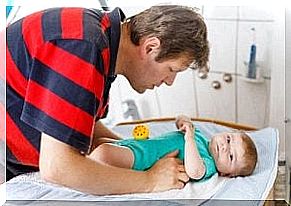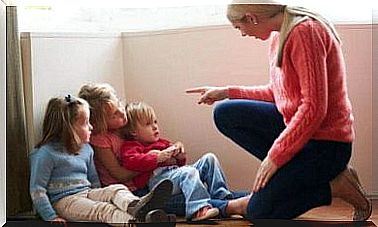Can We Teach A Child To Sleep? – Being Parents
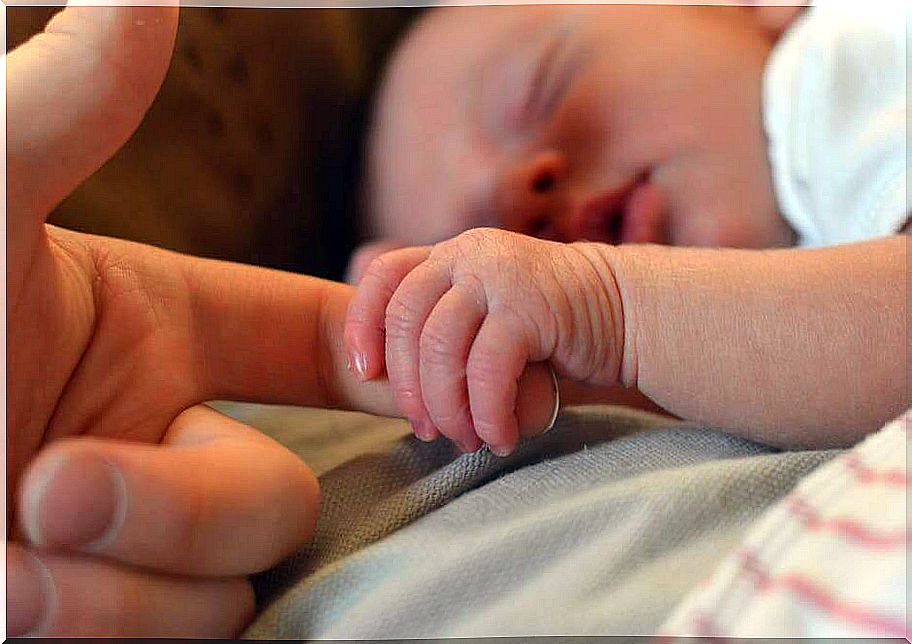
Becoming parents is one of the greatest joys in life. Being able to hold your baby in your arms, feed him or watch him sleep are the pleasures of this new parenting life. However, when it comes to sleep, this is undoubtedly one of the major drawbacks of parenthood. So, is it possible to teach children to sleep?
The answer is clear: no. Children do not learn to sleep and they are not taught to sleep.
Sleeping is part of the evolutionary process and the central nervous system is responsible for this development. The changes continue into adulthood, but they are most striking between when a baby is born and when he or she is 6 or 7 years old.
It is during this period that the child acquires a normal sleep pattern. The number of hours of sleep during the day gradually decreases as bedtime becomes later.
And it will be necessary to wait until adolescence for a child’s sleep cycle to become similar to that of an adult.
However, some researchers believe that it is possible to teach children to sleep. One of them, Eduard Estivill, the author of the book “The child will sleep soon”, in which he proposes the “Estivill method”, which has been the subject of great controversy for years.
What does the Estivill method consist of?
It is a set of rules and routines that allow the child to sleep well. This method, which is supposed to work 95% of the time, tries to teach children to normalize bedtime.
Some of the rules for this method include not getting up at the first cry of the child, establishing a routine, or not singing to your child before bedtime.
Despite its effectiveness and the fact that it is approved by many specialists, many detractors believe that this method generates more problems than solutions.
Why shouldn’t we teach children to sleep?
It seems that learning to sleep can affect the development of cognitive abilities in children.
This would increase the levels of the stress hormone (cortisol), as happens in situations where the child feels abandoned. He may then be more prone to stress and anxiety problems as he grows up. Especially since stress increases the chances of suffering from an autoimmune disease.
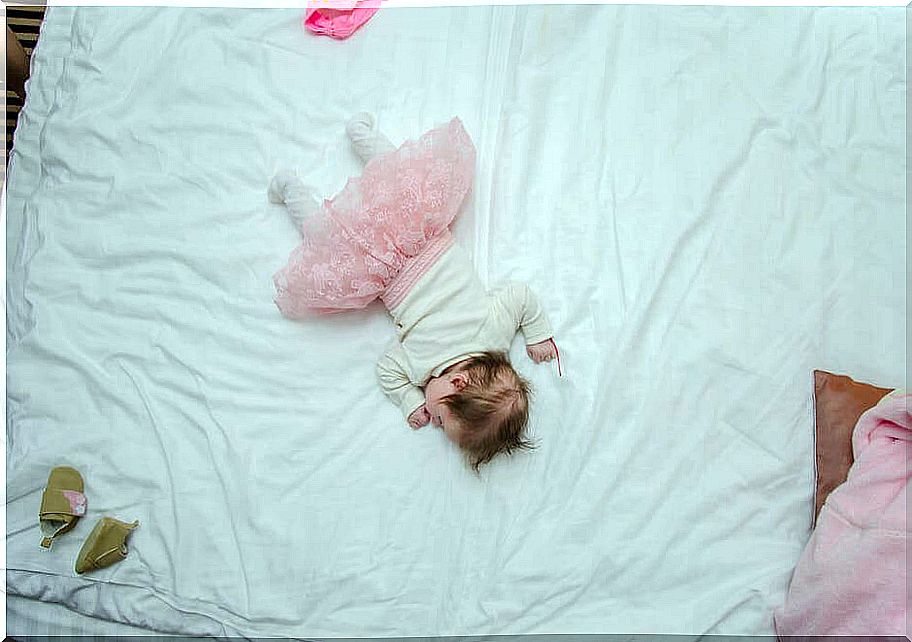
Is it bad for my child to sleep alone?
There are many beliefs that it is necessary for the child to sleep alone. A lot of these beliefs are culture or family, but none are 100% proven.
Parents can, however, create routines for their child to fall asleep on their own. But each child is different, it may take more or less time to set up.
How sweet it is to sleep in peace when in the distance the swaying poplars whisper, the collapsing waters.
-Jose Zorrilla-
Can a child sleep with his parents?
Some researchers are convinced that this is a dangerous practice. Others believe that sleeping with your child is risky if it continues after 3 months.
Some experts like Richard Ferber (author of the Ferber Method) argue that it is something healthy and natural. He and his supporters believe that sleeping with his parents helps the child feel more protected.
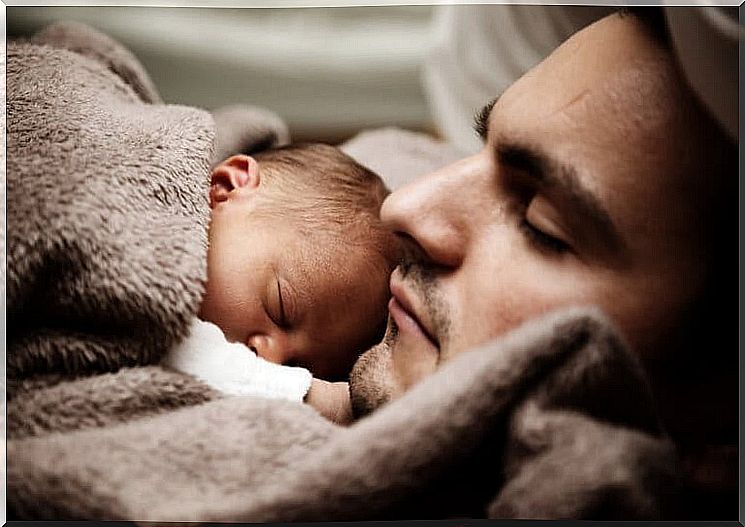
Does where my child sleeps affect the quality of their sleep?
So far, it has not been shown to be a determining factor. Each child can sleep perfectly alone or with his parents.
It is important to consider other factors that may be preventing your child from sleeping, such as the health of the baby or the environment in which it is located.
We also need to take into account how the situation affects parents’ sleep.
How many hours of sleep according to age?
From birth to the first year, a baby sleeps an average of 16 or 17 hours a day. Once the 1 year has passed, the number of hours of sleep decreases, and babies generally sleep 13 hours until they are 3 years old.
By the time they reach the age of 4 or 5, children need about 12 hours of sleep. At the same time, they begin to do without such habits as napping.
Finally, with the start of school and the total change in routine, the hours of sleep are reduced to around 10 hours.
We must not forget, as mentioned before, that every child is different. Some people need more hours of sleep, others less, but except in extreme cases everything is normal.
In order to guarantee the best sleep for our children, we must take into account their characteristics, their needs and try not to force them. They are too small to attempt to mold them according to social and cultural norms. The most important thing should always be his well-being.





